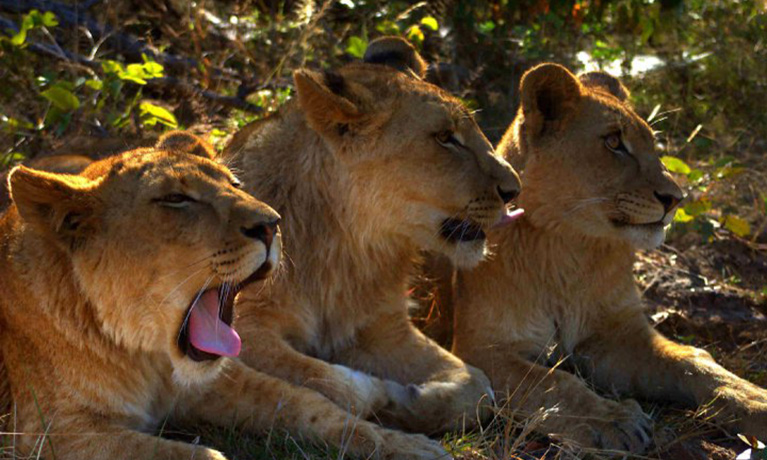Search
Social Psychology of Conservation and the Environment: Facilitating Sustainability

We’re sorry.
This event has ended.
See our upcoming events.
Monday 13 July 2020
07:00 PM - 08:30 PM
Location
Cost
Event details
The aim of this short course is to develop participants’ knowledge of how we can apply psychological concepts and theory to facilitate more sustainable human relationships with the natural world. Humans and animals are facing environmental changes such as global warming, flooding, loss of wildlife, air and water pollution. Urgent action is needed to reconnect people with the natural world and facilitate behavioural change for environmental sustainability. Understanding human behaviour is fundamental to do this. Throughout the course we'll draw on some key psychological topics which can help us to live in a more environmentally sustainable world.
Transferrable skills
Throughout this course, you’ll have opportunities to acquire and develop transferable skills. These include, applying academic knowledge to the real-world, public presentation, debating current environmental challenges and proposing solutions, small group work, designing a conservation/environmental intervention, critical evaluation, time management, and facilitating your own and others behaviour to create a more environmentally sustainable world.
Learning Outcomes
By the end of this short course, participants should
- have some understanding of the environmental and conservational issues that are prevalent in the modern world;
- understand some key psychological factors that can drive or hinder conservation and environmentally sustainable behaviours;
- be able to critically engage with social psychology’s role and suitability in addressing some of these issues;
- understand how social psychology can work alongside other science-related fields, policy-makers and conservation practitioners in promoting sustainable living for human and non-human animals;
- be able to design an intervention based on social psychological knowledge to promote conservation/environmentally friendly behaviour; and
- be able to bring this knowledge to positively impact upon their daily lives. The course has practical and theoretical components to it. This course is designed to be enjoyable as well as useful.
Who will benefit from this course?
This course is aimed at anyone interested in human behaviour and how we facilitate change towards more environmentally sustainable actions. No specialist knowledge is required, but an interest in the natural world and psychology is recommended.
Course structure
The course consists of 10 hours of on-line teaching, organized over 5 weeks (2 hours per week), and 5 hours of off-line study (15 hours total for the course). The teaching will incorporate practical and theoretical components of the course. The practical work is based on activities and discussion around key concepts and debates.
Week 1: There Are No Environmental Problems – Only Human Ones: A place for social psychology in addressing conservation and environmental issues
Week 2: (Mis)Perceptions of the Environment, Cognitive Biases and Risk Assessment: We can’t see the wood for the trees!
Week 3: Children and the Natural World: The importance of early connections
Week 4: Identifying with Nature: Humans have to care before they’ll do anything!
Week 5: Persuasion and Social Influence: Nudging people towards environmental sustainability.
Assessment
There is no formal assessment for this course.




